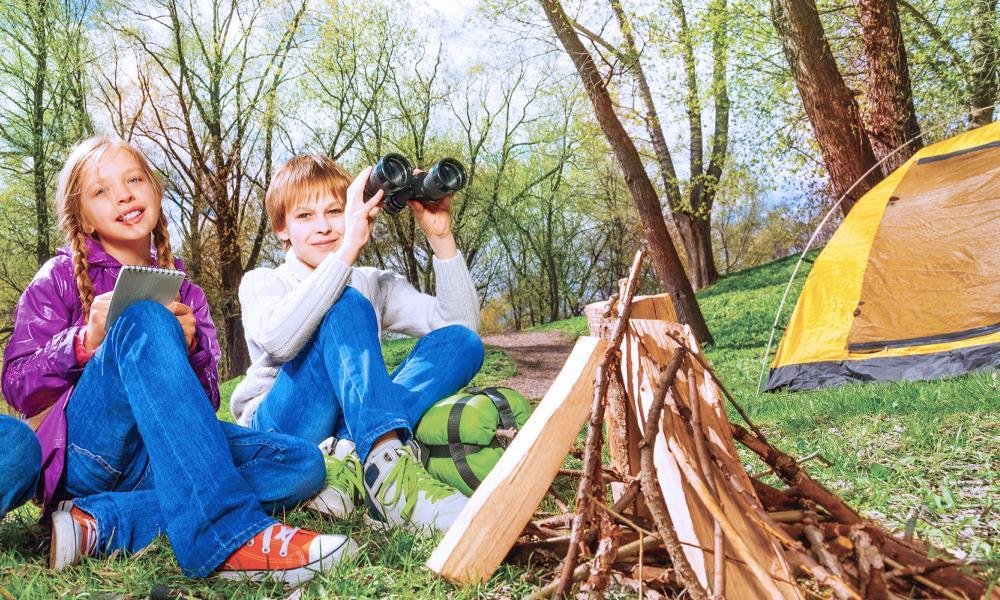Summer camps have long been cherished as places where children create lasting memories, forge friendships, and engage in outdoor activities. However, not all summer camps stand the test of time. Some camps close their doors for various reasons, leaving behind a legacy of nostalgia and reflection. This article delves into the world of defunct summer camps, exploring their history, reasons for closure, http://www.summercampculture.com/tag/defunct-summer-camps/ and the impact they had on campers and communities.
Table of Contents
Toggle1. The Golden Age of Summer Camps
1.1. Historical Background
The concept of summer camps began in the late 19th century, primarily in the United States. Early camps focused on outdoor activities and self-sufficiency, aimed at providing children with a break from urban life. They emphasized nature, community, and personal growth.
1.2. Popularity in the Mid-20th Century
The post-World War II era saw a boom in summer camps. With rising disposable incomes and a growing emphasis on childhood experiences, families sought enriching activities for their children. Camps proliferated, offering various programs ranging from arts and crafts to sports and adventure.
2. Characteristics of Iconic Summer Camps
2.1. Unique Themes and Programs
Many summer camps developed unique themes that set them apart, such as:
- Adventure Camps: Focused on hiking, canoeing, and wilderness survival.
- Arts Camps: Emphasizing creative expression through music, theater, and visual arts.
- Sports Camps: Concentrating on specific sports, from soccer to swimming.
2.2. Community and Tradition
Camps often fostered a strong sense of community, with traditions that included campfires, skits, and themed weeks. These experiences contributed to the deep emotional connections campers developed with their peers and counselors.
3. Reasons for Closure
3.1. Financial Challenges
Many camps struggled with rising operational costs, particularly in the face of competition from other summer programs, such as sports leagues and enrichment camps. Declining enrollment numbers often led to unsustainable financial models.
3.2. Changing Societal Trends
As societal norms shifted, families began prioritizing different activities for their children. The rise of technology and digital entertainment also drew children away from traditional outdoor experiences.
3.3. Environmental Factors
Some camps faced environmental challenges, such as natural disasters, that damaged facilities or made locations less accessible. For example, wildfires, floods, or severe weather events could make a camp untenable.
3.4. Evolving Regulations
Increased scrutiny regarding child safety and health regulations also impacted camps. Some facilities struggled to meet new requirements, leading to closures or reduced enrollment.
4. Impact on Campers and Communities
4.1. Emotional Connections
For many campers, summer camp represents a significant part of their childhood. The closure of a beloved camp can lead to feelings of loss and nostalgia, as campers remember the friendships and experiences that shaped their youth.
4.2. Community Engagement
Camps often played a vital role in their local communities, providing jobs and supporting local economies. The closure of a camp could impact local businesses and reduce community engagement.
4.3. Legacy and Memory
Even defunct camps can leave a lasting legacy. Many former campers recall their experiences fondly, sharing stories with future generations and keeping the spirit of the camp alive through memory.
5. Notable Defunct Summer Camps
5.1. Camp Kieve (Maine)
Originally founded in 1926, Camp Kieve was a boys’ camp known for its strong focus on leadership and character development. After several decades of operation, the camp closed in the early 2000s but remains fondly remembered by its alumni.
5.2. Camp Manitou (Maine)
Established in the 1940s, Camp Manitou was a boys’ camp offering various outdoor activities. After a long run, it closed its doors in the early 2000s, leaving behind a community of alumni who continue to cherish their memories.
5.3. Camp Sunshine (New York)
Camp Sunshine catered to children with serious illnesses and their families. While it operated successfully for many years, financial difficulties ultimately led to its closure. The camp’s mission and impact continue to resonate with former participants.
6. The Future of Summer Camps
6.1. Adapting to Change
While some camps have closed, many have adapted to changing societal trends by offering new programs, incorporating technology, and focusing on health and safety. Camps that embrace innovation are better positioned to thrive.
6.2. The Resurgence of Outdoor Activities
The pandemic sparked a renewed interest in outdoor activities, leading to a resurgence in camp enrollment. Families increasingly recognize the value of outdoor experiences for children’s physical and mental well-being.
6.3. Building a Sustainable Future
Camps that prioritize sustainability and environmental education may attract a new generation of campers. By promoting eco-friendly practices, camps can align with the values of today’s families.
Conclusion
Defunct summer camps hold a unique place in the hearts of many, symbolizing cherished memories of childhood adventure and camaraderie. While various factors contribute to their closure, the legacy of these camps continues to resonate. As the landscape of summer camps evolves, the spirit of adventure, friendship, and growth remains an enduring part of the summer camp experience.
